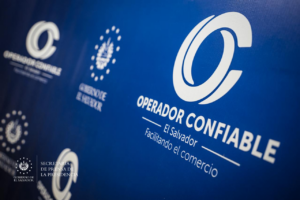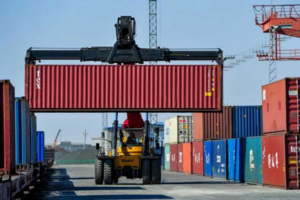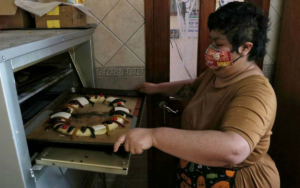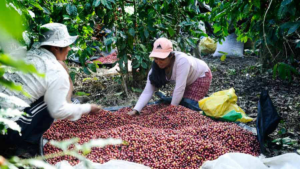U.S. President Donald Trump announced that his administration will send official letters this monday to a dozen countries with which it failed to conclude bilateral trade agreements, notifying them of the imposition of new tariffs that would take effect as of july 9. The measure is part of a broader strategy that seeks to reconfigure Washington’s trade relations under more favorable conditions, according to the president.

Trump indicated that these missives, signed are a “simpler” mechanism to move forward with the imposition of tariffs, which could range from 10% to 70%, depending on the country. Although he did not reveal which nations will be notified, he assured that the names will be made public on monday, and reiterated that the objective is to correct persistent trade imbalances.
The initiative resumes momentum after a 90-day pause granted by the White House to several trading partners to negotiate agreements. During that period, Washington reached agreements with countries such as the United Kingdom, Vietnam and China, including temporary tariff reductions. However, the President made it clear that he is prepared to impose unilateral tariffs on those who do not show a willingness to reach similar understandings.

While Trump maintains his strong rhetoric, Treasury Secretary Scott Bessent suggested a more flexible approach. In a recent interview, Bessent mentioned that some countries could receive extensions until september, with a reciprocal rate of 10% in case bilateral agreements are not reached before the deadline. The difference in tone is evidence of a possible combined pressure strategy between diplomatic negotiations and punitive measures.

From Europe, the President of the European Commission, Ursula von der Leyen, acknowledged the complexity of the process and stated that the EU is seeking an “agreement in principle” before july 9. Von der Leyen stressed that the volume of trade between the two powers, valued at 1.5 trillion euros, makes it impossible to conclude a detailed agreement in such a short time. Even so, he stressed the bloc’s willingness to avoid an escalation of tariffs with its main trading partner.







